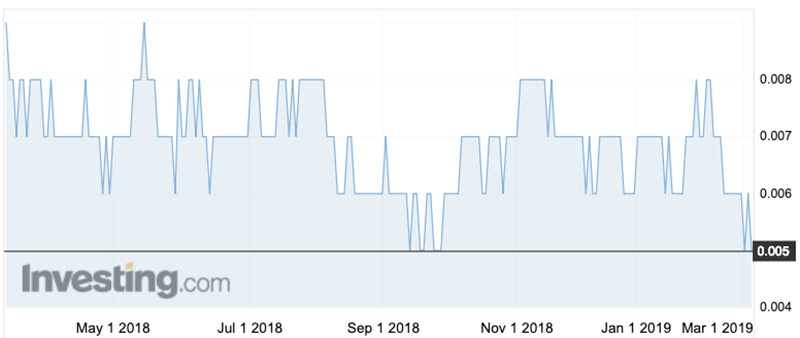Home and dry: Poochera processing trial ‘exceeds expectations’ for its big kaolin play
Mining
Mining
Andromeda (ASX:ADN) says dry processing – which is faster and lower cost – could be a goer for its Poochera halloysite-kaolin project in South Australia.
Kaolin is an aluminous clay used to make high purity alumina (HPA), which is in demand because it helps stop lithium-ion batteries from catching fire.
HPA is also used in things like LED lights, smartphone screens and surgical tools.
Andromeda wanted to find out whether dry processing would give it a semi-processed product (more than 1 per cent quartz), or a fully processed product (less than 1 per cent quartz).
Results “exceeded expectations”, the company says.
Dry processing successfully removed virtually all of the quartz sand from the final product, with less than 1 per cent remaining.
Andromeda says this is the global standard requirement for customers of kaolin products — being able to meet that criteria without using any water “represents significant capital and operating cost savings”.

Andromeda managing director James Marsh told Stockhead that wet processing is typically 2 to 3 times more expensive.
“I was expecting to have a final sand content of greater than 1 per cent and possibly 3 to 5 per cent,” Mr Marsh says.
Less than 1 per cent is a generally accepted global specification for a high quality kaolin product, and most customers will not accept any product more than 1 per cent.”
A number of operation in the US use dry processing; the only significant kaolin production in Australia used a wet process and they cannot compete with the US dry processed products due to costs, Mr Marsh says.
“It is not often possible to use a dry process for kaolin so this is an excellent outcome for us,” he says.
Bulk sample testing by potential end users is due to start soon.
140 tonnes is at a wet processing kaolin plant in China awaiting testing, 20 tonnes is being prepared for shipping to another Chinese wet processor and a smaller amount to a Chinese dry processing plant, the company says.
Outside of China, other discussions have kicked off with potential end users in Japan and Europe.
Andromeda is currently investigating a simple business model – start by shipping raw ore from its Poochera project in South Australia to HPA producers in China.
This hopefully reduces initial start-up costs because it doesn’t need to build a processing plant to start making cash.
Andromeda’s aim is to move rapidly into prefeasibility stage after the Poochera scoping study is completed in the first half of 2019.